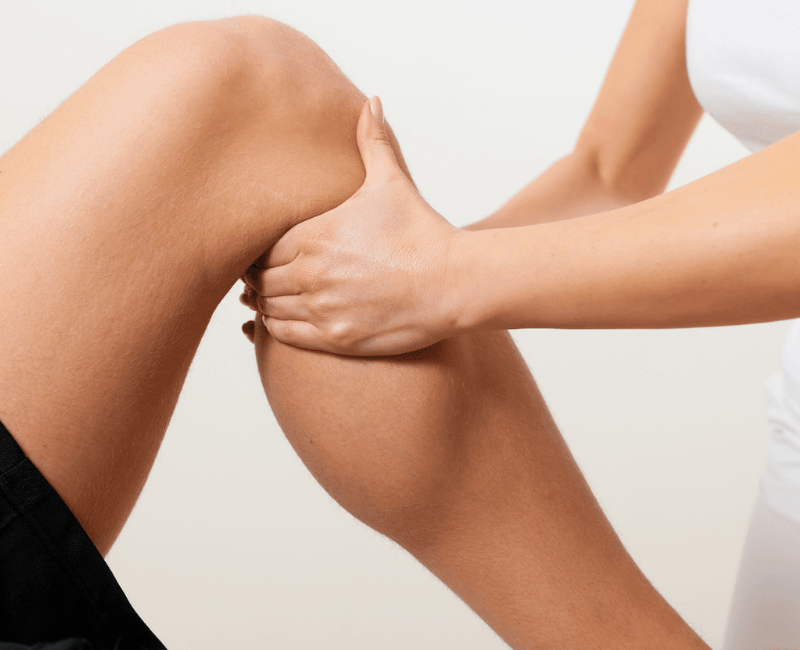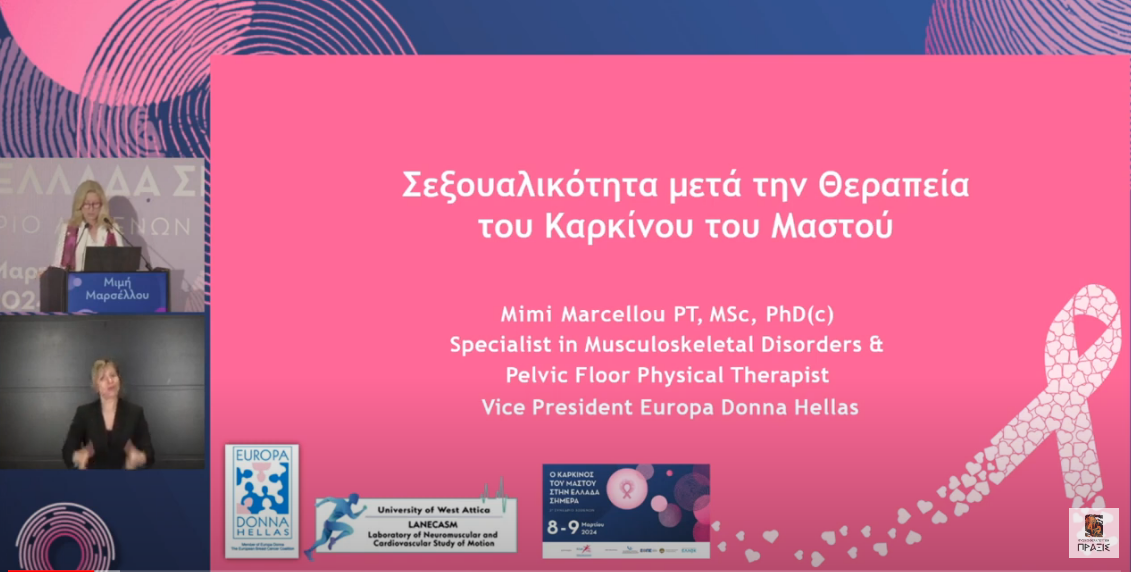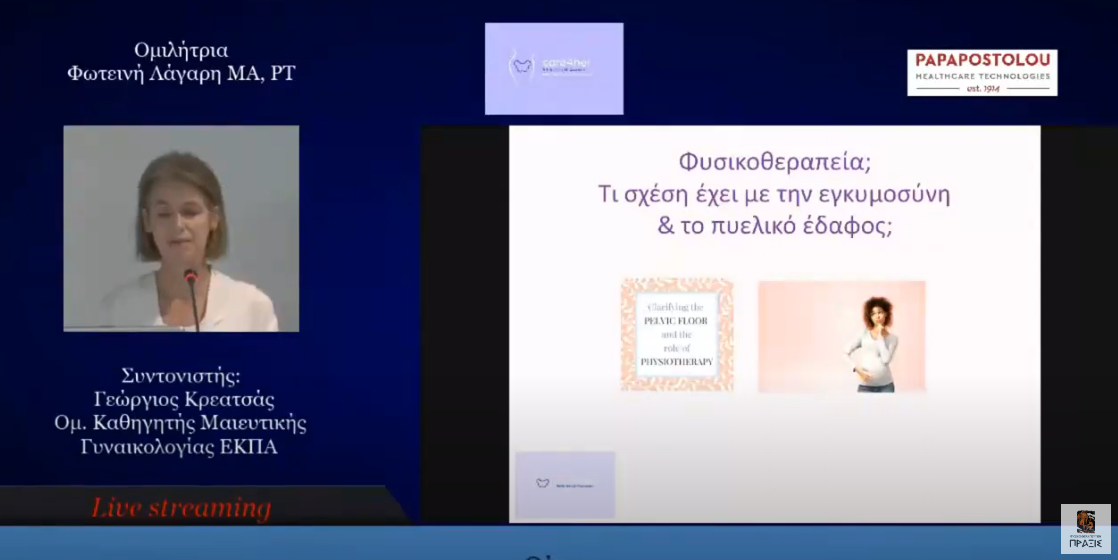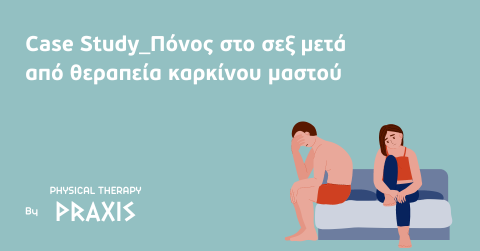Φυσικοθεραπευτική ΠΡΑΞΙΣ
Ο τρόπος για να ζεις και να απολαμβάνεις την κάθε στιγμή, χωρίς πόνο
Το φυσικοθεραπευτήριο Φ/Θ ΠΡΑΞΙΣ® προσεγγίζει κάθε άνθρωπο, κάθε ξεχωριστή περίπτωση, κάθε κατάσταση πόνου ή δυσλειτουργίας, όπως οφείλει: εξατομικευμένα.
Ακούμε προσεκτικά τα συμπτώματα που σας απασχολούν και την «ιστορία» που σας έφτασε ως εδώ
Προχωράμε σε κλινική εξέταση, με διακριτικότητα και προσήλωση, για μια ασφαλή τελική διάγνωση
Καταλήγουμε στη θεραπευτική προσέγγιση που ταιριάζει στο καθημερινό σας πρόγραμμα και τον τρόπο της ζωής σας
Σε αυτό το επάγγελμα βρισκόμαστε συνειδητά για να σας βοηθήσουμε να ζήσετε την καλύτερη δυνατή ζωή σας
Η φυσικοθεραπευτική προσέγγιση χρειάζεται υπομονή και θέληση. Έτσι, θα προχωρήσουμε από κοινού
Το πιο βαθύ σκοτάδι είναι λίγο πριν τη χαραυγή. Έχουμε βρεθεί εκεί εκατοντάδες φορές και με το πρώτο φως, χαμογελάμε
Κατά τη διάρκεια της φυσικοθεραπευτικής πράξης υπάρχει κόπος και προσπάθεια. Είμαστε μαζί σας και σε αυτό
Η καρδιά της φυσικοθεραπείας χτυπά σε δύο πυλώνες
01
από τον πόνο
02
της δυσλειτουργίας της κίνησης
Οι τέσσερις τομείς- δράσεις
Εκπαιδευτικά σεμινάρια για τη διάδοση της γνώσης
Οι επικεφαλής του φυσικοθεραπευτηρίου Φ/Θ ΠΡΑΞΙΣ® δε σταματούν να επιμορφώνονται επιζητώντας τη διεύρυνση των δυνατοτήτων που τους παρέχει η διεθνής εμπειρία και επιστημονική γνώση, προκειμένου να εφαρμόζουν αποτελεσματικές θεραπείες, στην υπηρεσία των ασθενών.
Για τον ίδιο σκοπό, διαδίδουν τις γνώσεις και τις εμπειρίες τους σε συναδέλφους τους φυσικοθεραπευτές, σε μαίες/μαιευτές και γυμναστές/γυμνάστριες, προκειμένου να επεκτείνεται η πρόληψη και η πρώιμη παρέμβαση σε επώδυνες και δυσλειτουργικές καταστάσεις, που χρήζουν φυσικοθεραπευτικής παρέμβασης.

Αξιολογήσεις

Μετά από χρόνια ταλαιπωρίας νιώθω ασφαλής. Ήταν πολύ πιο εύκολο από ό,τι φανταζόμουν.

Η προσέγγισή τους είχε σεβασμό και ειλικρίνεια, ευγένεια και σιγουριά.

Ξαφνικά, τα συμπτώματα μου είχαν διάγνωση και κυρίως θεραπεία και μάλιστα ανώδυνη.
Η ισχύς του Φ/Θ ΠΡΑΞΙΣ®
εν τη ενώσει
Η Φωτεινή Λάγαρη και η Μιμή Μαρσέλλου, φυσικοθεραπεύτριες με ανώτατες σπουδές φυσικοθεραπείας και πολυετές κλινικό έργο στις Ηνωμένες Πολιτείες, το 1998 ιδρύουν το φυσικοθεραπευτήριο Φ/Θ ΠΡΑΞΙΣ®, βασίζοντας τις υπηρεσίες τους σε δύο πυλώνες: Την επιστημονική φροντίδα και το ανθρώπινο ενδιαφέρον.
Οι γνώσεις τους και το ενδιαφέρον τους, τις οδηγούν από την αρχή της ίδρυσης του Φ/Θ ΠΡΑΞΙΣ®, να εργαστούν με προσήλωση, επαγγελματισμό και διαρκή επιμόρφωση σε τρία διακριτά επιστημονικά πεδία: Την φυσικοθεραπεία μυοσκελετικών διαταραχών, την αντιμετώπιση δυσλειτουργιών του πυελικού εδάφους και τη φυσικοθεραπεία στην υγεία των γυναικών.
Πρόσφατα άρθρα
- Ομιλία της Μιμής Μαρσέλλου στο 2ο Συνέδριο Ασθενών του συλλόγου ΑΛΜΑ ΖΩΗΣ με τίτλο “Ο καρκίνος του μαστού στην Ελλάδα σήμερα”Ομιλία της Μιμής Μαρσέλλου στο 2ο Συνέδριο Ασθενών του συλλόγου ΑΛΜΑ ΖΩΗΣ με τίτλο "Ο...
- Ομιλία της Φωτεινή Λάγαρη με τίτλο: Πώς επιδρά η εγκυμοσύνη και ο τοκετός στο πυελικό έδαφος; Ποιά είναι τα συμπτώματα της χαλάρωσης του κόλπου και πώς αντιμετωπίζονται;Ομιλία της Φωτεινή Λάγαρη με τίτλο: Πώς επιδρά η εγκυμοσύνη και ο τοκετός στο πυελικό...
- Case Study_Πόνος στο σεξ μετά από θεραπεία καρκίνου μαστού«Ολοκληρώνοντας τις θεραπευτικές μας συναντήσεις στη ΦΥΣΙΚΟΘΕΡΑΠΕΥΤΙΚΗ ΠΡΑΞΙΣ, θα ξέρω ακριβώς τι πρέπει να κάνω. ...






